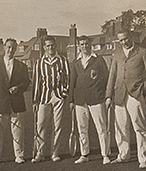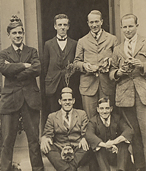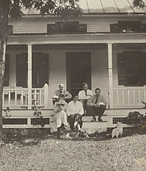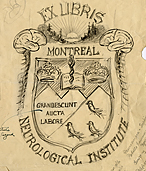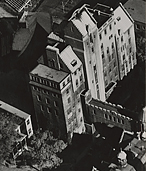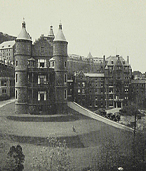Born the son of a doctor in the American frontier town of Spokane, Washington, Wilder Graves Penfield (1891-1976) would grow up to be the foremost figure of his time in Canadian neurology and one of the world's leading neurologists, so respected in Canadian society that in 1956 Maclean's Magazine would dub him as 'the greatest living Canadian.' A graduate of Princeton, Oxford, and Johns Hopkins Medical School, Penfield knew and learned from many significant figures in early twentieth-century medicine, including Sir William Osler, Sir Charles Sherrington, Harvey Cushing, Sir Gordon Holmes, Allan Whipple, Otfrid Foerster, and Walter Dandy. Drawn to his innovative approach of combining the traditionally separate fields of clinical neurology and neurosurgery, McGill University and the Royal Victoria Hospital offered Penfield a position in 1928. In 1933 he established the Montreal Neurological Institute (MNI). His work, while diverse, concentrated on mapping the functions of the brain and the surgical treatment of epilepsy. The head of the MNI until 1960, Penfield was deeply committed to numerous social and educational causes, dedicating much of his retirement to their advancement within Canada and abroad.
This digital collection consists of a sample of materials selected from McGill University's Osler Library of the History of Medicine's Wilder Penfield Fonds, P142. The images, letters, and other records found here were chosen by the former director of the MNI and close friend of Penfield, Dr. William Feindel, for their significance in documenting both Penfield's life and the history of the Institute. This digitized selection contains material concerning his early life, family, and medical training, the establishment of the MNI, and elements of Penfield's medical research, as well as important peacetime and wartime research and treatment projects carried out by the MNI up until the 1980s.
_____________________________________________________________________________
The digitisation of this material was made possible through a generous grant from the R. Howard Webster Foundation, obtained by Dr. Feindel, who sadly passed away in January 2014. It is hoped that this digital selection of materials from the Penfield fonds will be useful to researchers and will increase awareness of this valuable collection.

